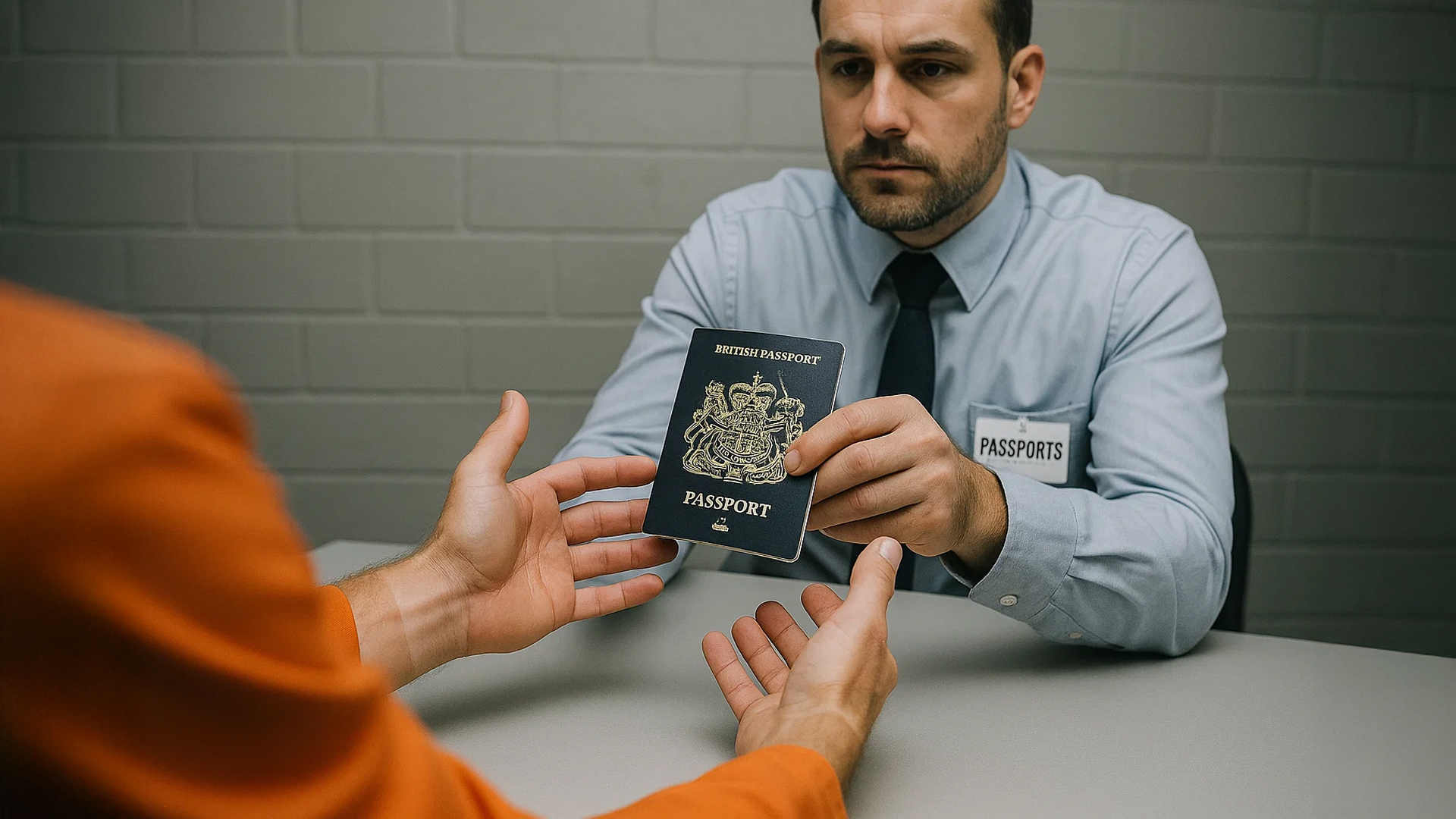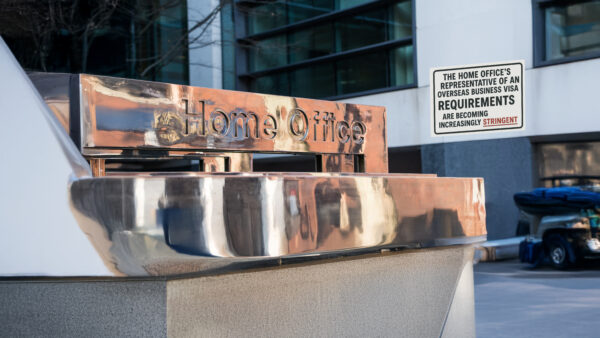Applying for a UK visa can be a challenging process, particularly when an applicant has a history of criminal charges. In a recent case, I successfully overturned a visa refusal based on criminal grounds, securing my client’s right to enter the UK despite significant legal obstacles. This case highlights the power of a well-structured legal argument and strategic advocacy in overcoming complex immigration barriers.
Background
My client applied for a UK visa but was refused due to previous criminal convictions. The Home Office assessed that their criminal history posed a risk to public safety and deemed their presence in the UK ‘conducive to the public good’.
With six past charges, including robbery, drug possession, and theft, my client’s application was refused under paragraph 9.4.1 of the Immigration Rules, which states that an application ‘must’ be refused if an applicant:
(a) has been convicted of a criminal offence in the UK or overseas for which they have received a custodial sentence of 12 months or more; or
(b) is a persistent offender who shows a particular disregard for the law; or
(c) has committed a criminal offence, or offences, which caused serious harm.
The refusal was based on (b) and (c), with the Home Office asserting that my client was a persistent offender and that their offences had caused serious harm.
Key Challenges
One of the main hurdles in this case was contesting the Home Office’s classification of my client’s past conduct as ‘serious harm’ and establishing that they were not a persistent offender at the time of application. The Refusal Letter stated that:
“where a person has been convicted of one or more violent, drugs-related, racially motivated, or sexual offences, they will normally be considered to have been convicted of an offence that has caused serious harm.”
Although my client’s convictions were more than a decade old, UK immigration law does not impose a time limit on considering past criminality in visa applications. This is in contrast to naturalisation applications, where most offences are disregarded after ten years. Given this, it was essential to challenge the Home Office’s interpretation of my client’s past offences and establish that they no longer posed a risk to the public.
My Strategic Legal Approach
To overturn the refusal, I pursued an Administrative Review, adopting a multi-faceted approach:
- Critical Review of the Decision – I conducted a detailed analysis of the refusal letter, identifying gaps, inconsistencies and weaknesses in the Home Office’s reasoning.
- Legal Argumentation – Highlighting Key Errors:
- Unsubstantiated Serious Harm Claim– The Home Office’s assertion was unsupported by evidence and should not have been a decisive factor in the refusal.
- Disproportionate Conclusions– The circumstances of the case did not support the claim that the offence had a widespread harmful impact.
- Misapplication of the ‘persistent offender’ standard– The Home Office incorrectly referenced past convictions without considering whether a pattern of offending still existed at the time of application.
- Sentencing guidelines– A careful review of sentencing precedents showed that my client’s offences did not meet the threshold for serious harm in the immigration law context.
- Case Law Precedents– I cited relevant legal precedents to demonstrate that not all violent or drug-related offences automatically meet the threshold of serious harm.
- Demonstrating Rehabilitation– To reinforce my client’s case, I presented substantial evidence, including character references, employment history, and proof of community engagement, to establish that my client had reformed.
By structuring the Administrative Review in this way, I demonstrated that the refusal was based on outdated and disproportionate reasoning and that my client posed no ongoing risk to public safety.
The Outcome
Following a well-evidenced and persuasive challenge, the Home Office overturned the visa refusal. My client was granted permission to enter the UK, allowing them to work and rebuild their life – a result that would have been unattainable without strategic legal intervention.
Key Takeaways
This case underscores the importance of:
- Challenging visa refusals through Administrative Review when decisions are unfair.
- Building a compelling legal argument based on proportionality and fairness.
- Challenging misinterpretations of serious harm and persistent offending.
- Presenting strong evidence of rehabilitation to counter past convictions.
Overturning a visa refusal based on criminality is a highly complex process that requires precise legal arguments, in-depth case law research, and compelling evidence. Every detail matters. While the above outlines key elements of our strategy, success in such cases depends on addressing a range of intricate legal and evidentiary challenges tailored to the specific circumstances of each client.
With the right legal representation, many refusals can be successfully overturned. If you or someone you know has been denied a UK visa due to past conviction, my team and I are here to help. Contact us today to discuss your case and explore your options for appeal.









